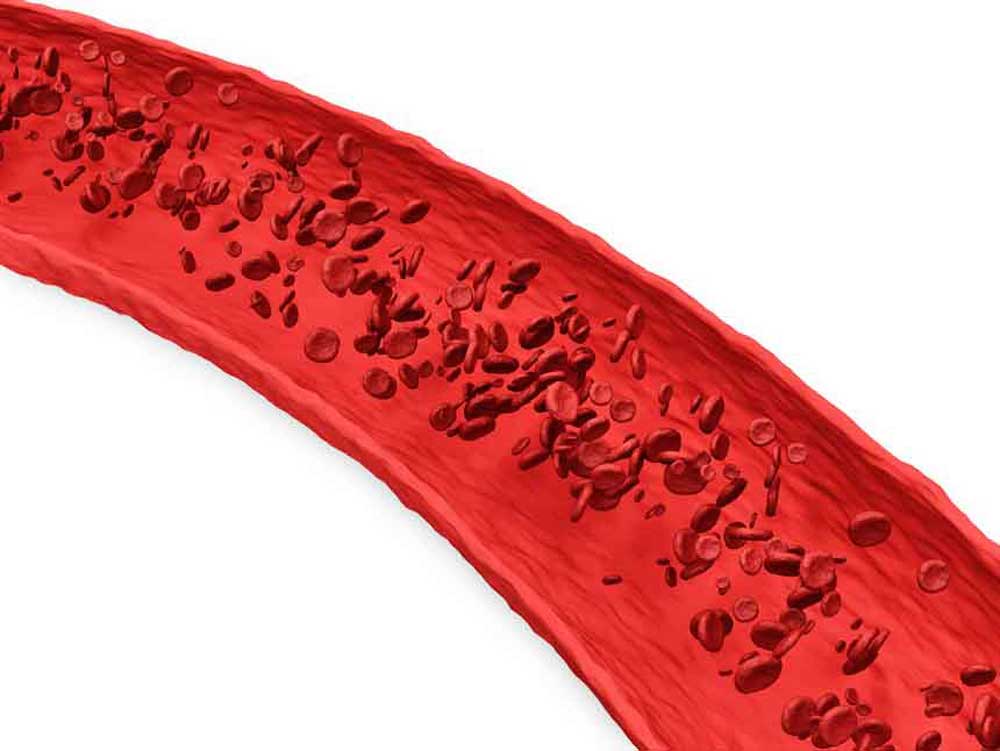Tracking tumor DNA in the blood reveals skin cancer relapse
Tracking tumor DNA in the blood reveals skin cancer relapse
7 Mar 2016A blood test may be able to sound early warning bells that patients with advanced melanoma skin cancer are relapsing, according to a new study.
Levels of circulating tumor DNA revealed cancer relapse
Scientists from the Cancer Research UK Manchester Institute studied the DNA shed by tumors into the bloodstream -- called circulating tumor DNA -- in blood samples from seven advanced melanoma patients at The Christie NHS Foundation Trust.
In this early work they found they could see whether a patient was relapsing by tracking levels of circulating tumor DNA. And they found that new mutations in genes like NRAS and PI3K appeared, possibly causing the relapse by allowing the tumor to become resistant to treatment.
Most melanoma patients respond to treatment at first but their cancer can become resistant within a year. It is hoped that these approaches will allow doctors to use circulating tumor DNA to tailor treatment for individual patients to get the best result.

“Track cancers in real time following treatment has huge potential”
Around 40 to 50% of melanoma patients have a faulty BRAF gene and they can be treated with the targeted drugs vemurafenib or dabrafenib. But for many of these patients the treatments don't work, or their tumors develop resistance after a relatively short time. When this happens these patients can be offered immunotherapy drugs including pembrolizumab, nivolumab and ipilimumab. Detecting this situation early could be key to improving their care and chances of survival.
Professor Peter Johnson, Cancer Research UK's chief clinician, said: "One of the sinister things about melanoma is that it can lay dormant for years and then suddenly re-emerge, probably as it escapes from the control of the body's immune system. Being able to track cancers in real time as they evolve following treatment has huge potential for the way we monitor cancers and intervene to stop them growing back. There's still some time until we see this in the clinic but we hope that in the future, blood tests like these will help us to stay one step ahead in treating cancer."
Source: Science Daily